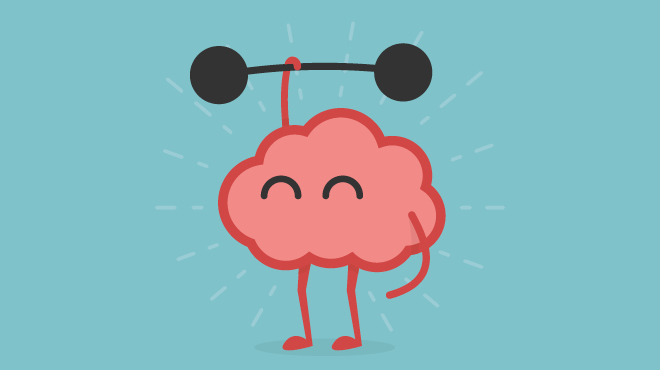On July 22, the World Federation of Neurology honours World Brain Day to highlight the importance of brain health. Our view of the outside world, emotions, actions, and senses are all governed by the intricate workings of the brain. Every year, this inclusive event for individuals of all ages, ethnicities, and genders focuses on brain health education to improve equality for those who suffer from brain illnesses. World Brain Day 2024 will focus on raising global awareness to improve accessibility and reduce disparities for those with brain disorders.
Significance of World Brain Day
The global prevention, treatment, and cure of brain illnesses is the aim of World Brain Day. This day aims to raise awareness of brain illnesses in an effort to lessen the challenges they create. In 2024, World Brain Day presents a critical chance to advance worldwide parity for those with disabilities. The World Federation of Neurology (WFN) first marked World Brain Day on a worldwide scale. Based on their unique characteristics and mode of development, neurological disorders are categorised as either permanent or reversible and result in significant impairment. The WFN continues to promote the notion of brain health.
History
World Brain Day was established by the World Federation of Neurology (WFN) to increase public awareness of neurology and brain health. The World Brain Network (WFN), which was founded in Belgium on July 22, 1957, designated July 22 as World Brain Day. This idea originated with a suggestion from the Public Awareness and Advocacy Committee during the September 22, 2013, World Congress of Neurology (WCN) Council of Delegates session. In February 2014, the Board of Trustees approved it due to strong support. Ever since, 22 July has been observed annually as World Brain Day in an effort to raise global awareness of and support for brain health.
Tips to keep your brain healthy
- Engage in Physical Activity: Aim for 30 minutes of daily physical activity. Increasing heart rate stimulates the formation of new connections between brain cells.
- Eat A Heart-Healthy Diet: Consuming foods high in healthy fats, such as avocados, fish, extra virgin olive oil, almonds, walnuts, and other nuts, will help to prevent cognitive loss and preserve brain function.
- Get enough sleep: Adults require seven to nine hours of sleep per night. Inadequate sleep has an impact on your emotions, energy, memory, and general health.
- Mental Stimulation: When it comes to maintaining a healthy brain, there is no one ideal kind of exercise. You need to look outside the box and come up with fresh ideas. Pick up a new hobby or talent, like cooking or playing an instrument.
- Socialise: Maintaining a social network is beneficial to brain health. You can maintain your social life by going out to lunch with your friends, volunteering, signing up for a fitness class, or taking vacations.




